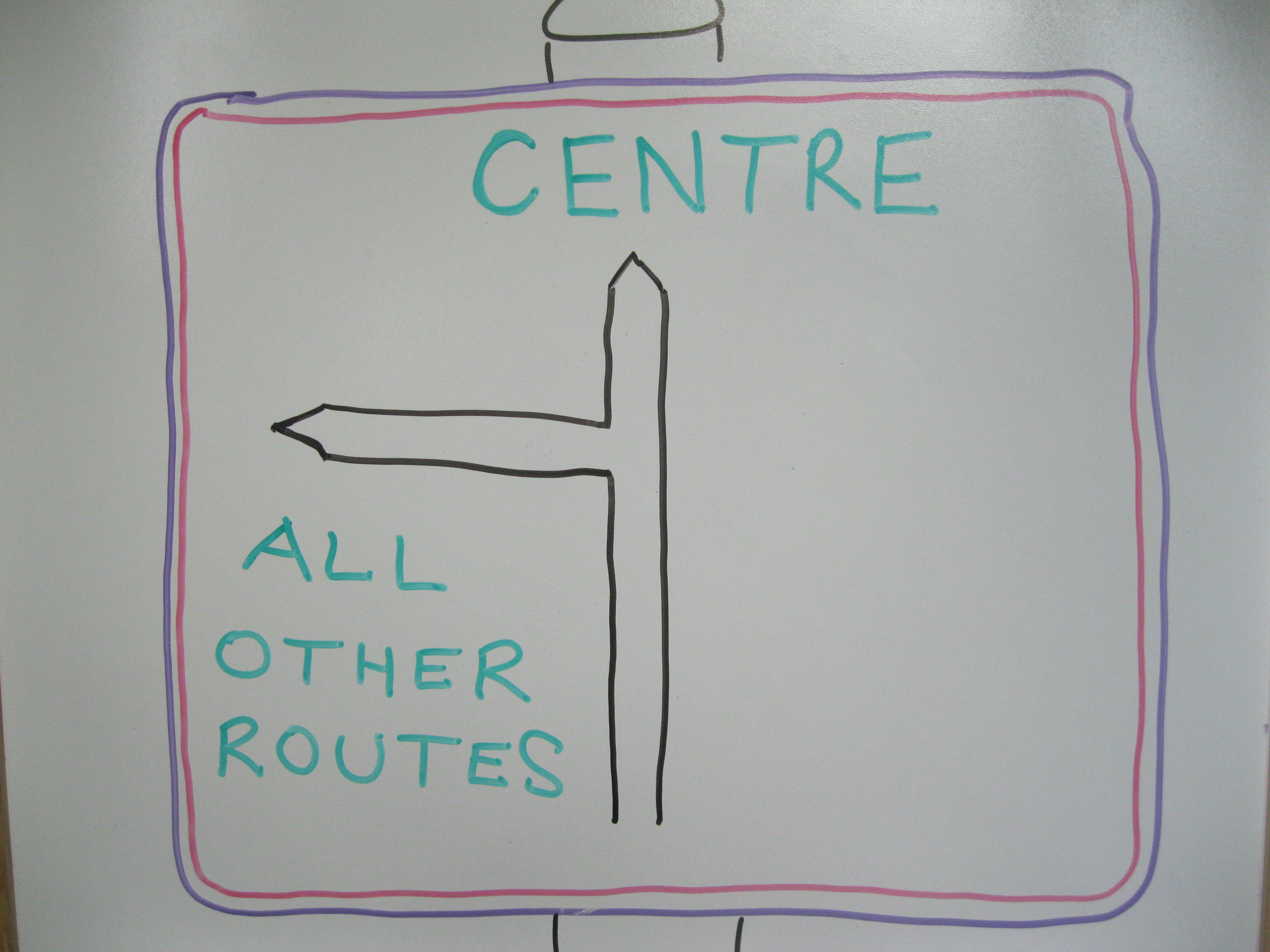 I recently attended a CharityComms seminar entitled ‘Beyond HQ: comms for charities with branches and groups’. I’m also about to start a new piece of work for one of my university clients, helping them to build a network of communicators across their Faculties and Services. It seems that the universe is trying to get me to think about communication ‘beyond the centre’. So I’m using this month’s post to share my thoughts with you!
I recently attended a CharityComms seminar entitled ‘Beyond HQ: comms for charities with branches and groups’. I’m also about to start a new piece of work for one of my university clients, helping them to build a network of communicators across their Faculties and Services. It seems that the universe is trying to get me to think about communication ‘beyond the centre’. So I’m using this month’s post to share my thoughts with you!
Very few organisations have a single group of people all in one place and all with the same motivations and interests. So how do they go about communicating effectively and engaging their people with each other?
There are a number of key things that anyone who is trying to communicate with diverse groups needs to be aware of:
1. Get to know and understand the people who are not ‘in the centre’. It’s easy to make assumptions about what life is like for them, what’s important to them and so on. It’s also easy for them to feel that you don’t understand them, just because you haven’t taken the time to say hello and spend time getting to know them. Their experiences and perspective are likely to be different for a whole range of reasons, from the frequency of their contact with senior managers, to their geographical location and the type of work they are doing. If you get to know them better, you will know how to adapt your communications with them so that they work well in achieving desired outcomes.
2. Give them a reason to want to communicate with you. When you know what interests and motivates them, this becomes much easier to do. How can you help them? How can communicating with you enable them to achieve their objectives, as well as you succeeding with yours? They need to understand the value to them of communicating with you.
3. Localise your communications as much as possible. Why is the central London strategy relevant to them if they are based in Cumbria? How can they influence or contribute to the organisation in a meaningful way? Empower your local managers or key contacts to take centrally-produced information and make it relevant locally.
4. Be clear on what is going to happen, who needs to do what and when there will be any follow-up. Show that everyone has a role to play and demonstrate how it all fits together.
Finally, a key tip for effective communication with diverse groups is: talk to them! Many times during my career I have heard the phrase ‘they don’t understand us’, but as soon as I have put the groups in touch with each other to explain their perspective, the misunderstandings disappear and everyone see the similarities rather than the differences.
If you can follow these tips, your people should feel empowered and valued, wherever they are. Let me know how it goes!
Until next time
Sarah
